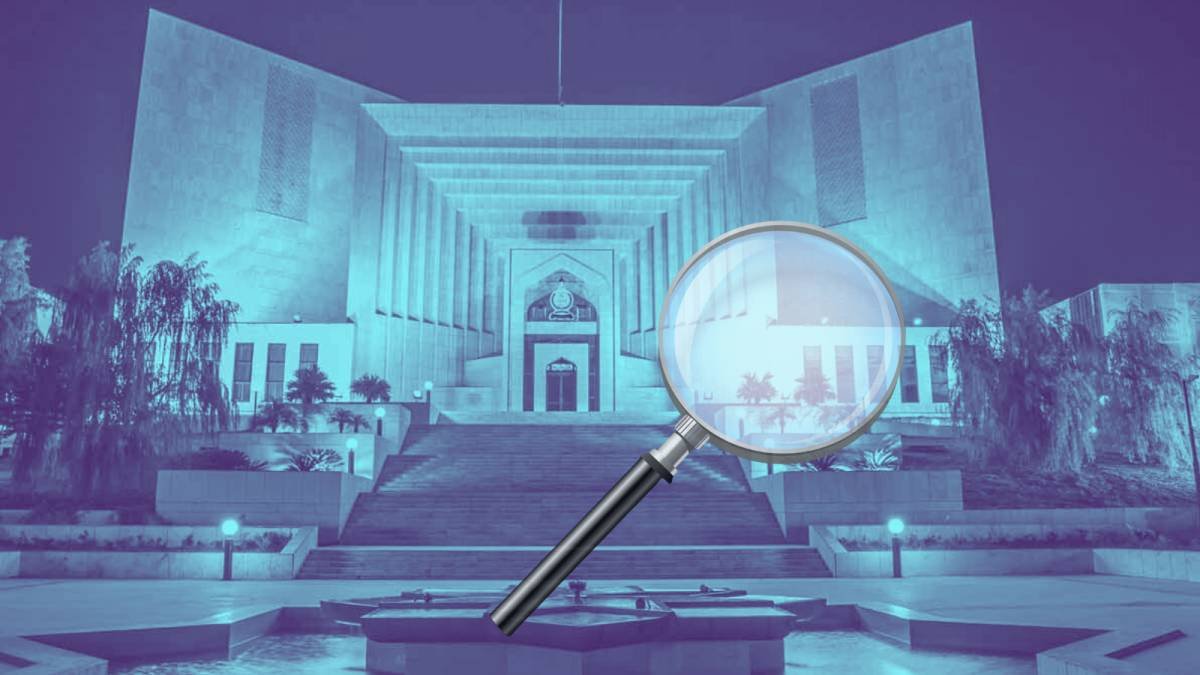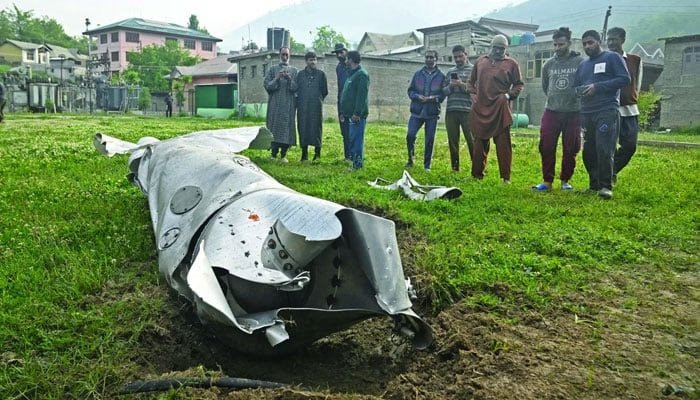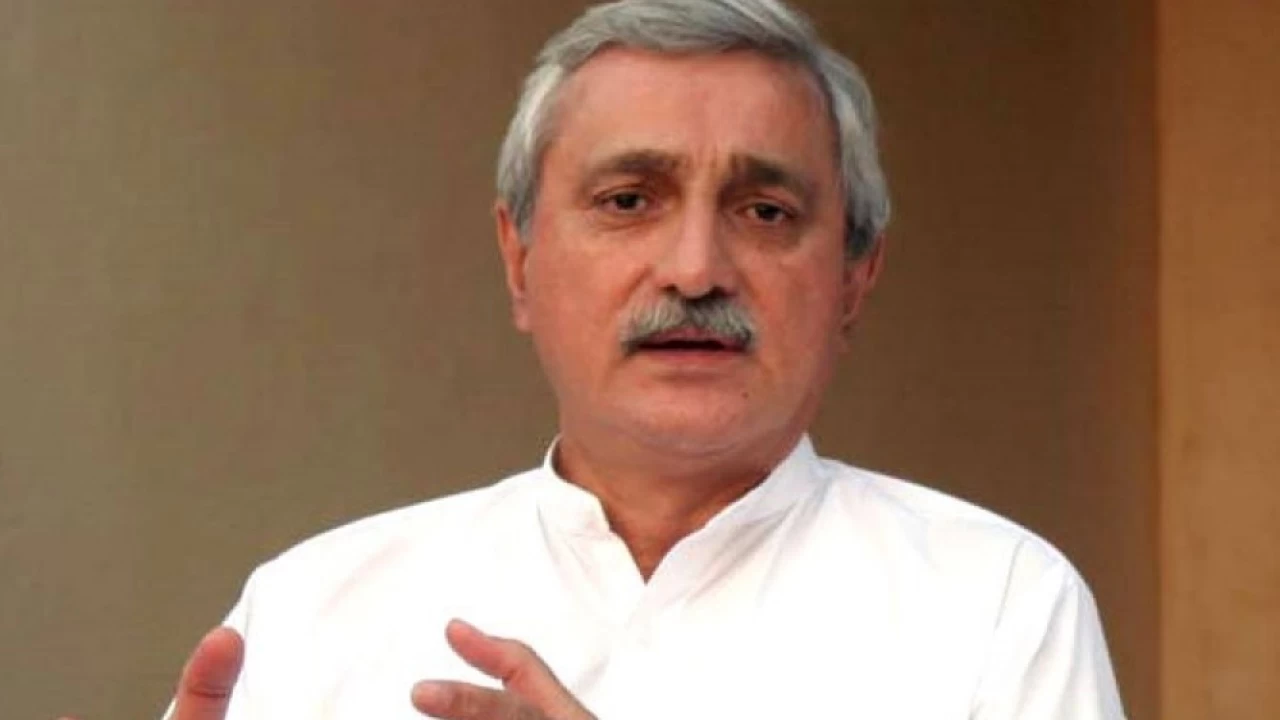A significant development is underway in the Supreme Court of Pakistan as a seven-judge bench, led by Chief Justice Qazi Faez Isa, prepares to commence a suo moto hearing based on a letter from six judges of the Islamabad High Court (IHC). The letter alleges interference in judicial affairs and raises concerns about meddling in the judiciary.
The bench comprises esteemed justices, including Mansoor Ali Shah, Yahya Afridi, Athar Minallah, Musarrat Hilali, Jamal Khan Mandokhail, and Naeem Akhtar Afghan. Notably, Barrister Aitzaz Ahsan and the Lahore High Court Bar Association (LHCBA) have filed petitions seeking to participate in the proceedings, underscoring the significance of the matter.
Under Article 184(3) of the Constitution, the Supreme Court holds extraordinary authority to address matters of public importance related to the enforcement of fundamental rights. This includes the power to summon individuals, government officials, and relevant documents for examination. The court may exercise jurisdiction based on petitions or initiate suo moto proceedings.
Earlier decisions to pursue the matter were made by a three-member committee, which includes the chief justice and the two senior most judges. Following legislative changes introduced by the coalition government, this institutional panel now oversees matters such as the formation of benches and the initiation of suo moto notices.
Recent developments also involve the formation of an inquiry commission, approved by the federal cabinet and led by retired Chief Justice Tassaduq Hussain Jillani. While some circles, including the PTI, criticized the involvement of the executive branch in leading the probe, lawyers’ representative bodies welcomed the decision and expressed confidence in Justice Jillani’s impartiality.
The letter from the six IHC judges highlights concerns regarding potential interference by the executive branch, urging an investigation into allegations of coercion or blackmail aimed at influencing judicial outcomes in politically significant cases.
In response, retired Justice Jillani acknowledged the task assigned by the prime minister and the chief justice, emphasizing the matter’s relevance to the Supreme Judicial Council.
As the suo moto hearing unfolds, it underscores the judiciary’s commitment to upholding the rule of law and ensuring the independence of the judicial process in Pakistan.



